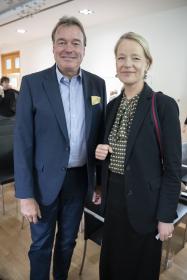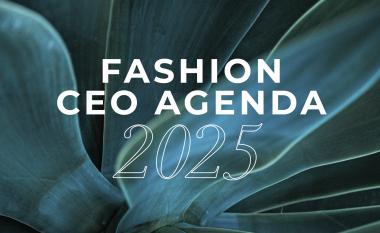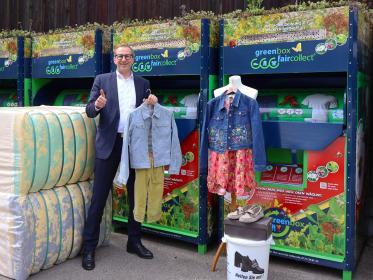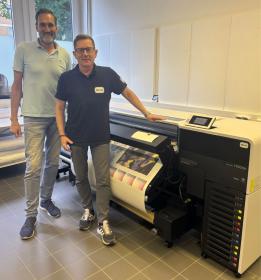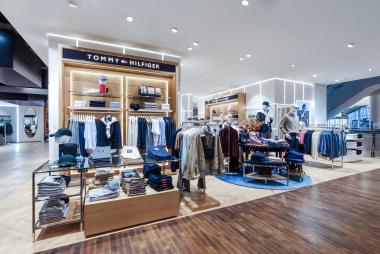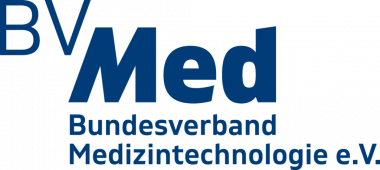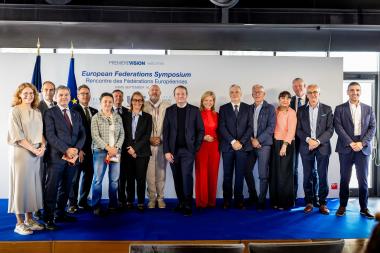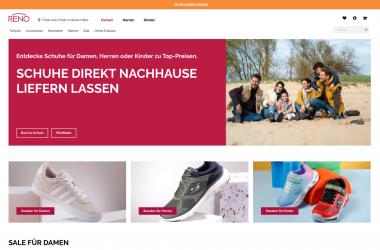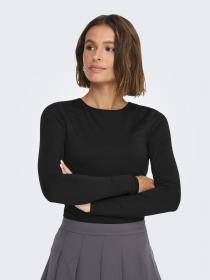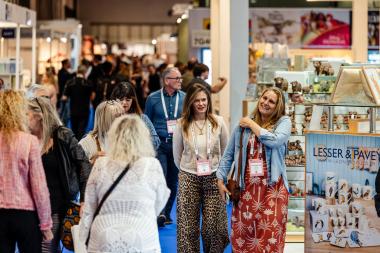Oritain: Origin Verification to Leather for EUDR Readiness
Oritain announced the expansion of its services into leather. This development will enable the fashion, luxury fashion and automotive industries to meet the rising demand for traceability, sustainability, and regulatory compliance.
Oritain’s proprietary methodology already trusted across apparel, food and agriculture, can now verify the geographic origin of leather from key producing countries across Europe, Africa and South America.1 This capability is increasingly vital as regulations like the EU Deforestation Regulation (EUDR) are enforced and the Ecodesign for Sustainable Products Regulation (ESPR) mandates a Digital Product Passport. Such regulations require companies to disclose traceability information that proves their supply chains are transparent and ethically sourced.
The global leather goods market is projected to grow from $493 billion in 2025 to $904 billion in 2035, according to Future Market Insights (FMI, 2025). Meanwhile, the luxury leather goods segment alone is expected to generate over $66 billion in revenue in 2025, as reported by Statista (2025). These growth figures underscore the growing pressure on brands to demonstrate responsible sourcing.
“Leather sourcing is facing heightened scrutiny for its environmental and human rights impacts” said Alyn Franklin, CEO of Oritain. “Our origin verification programs give brands and tanneries the insights they need to make meaningful changes in their supply chain, meet regulatory obligations and build lasting trust with their customers.”
Traceability is no longer a nice-to-have; it’s a strategic imperative. Regulatory frameworks are tightening, and consumer expectations are shifting towards transparency, sustainability, and ethical practices. Brands that fail to meet these standards risk reputational damage, legal consequences, and loss of consumer trust.
Oritain’s extensive origin database and forensic expertise provide a unique solution for brands navigating increasingly complex supply chains. The service is designed to verify sourcing claims made by intermediaries and tanneries, enabling brands to identify deforestation and labour risks, supporting end-to-end supply chain mapping. Whether it’s bespoke handbags, premium footwear, or high-end automotive interiors, Oritain’s product origin verification is tailored to meet the unique needs of the fashion and automotive sectors, offering both precision and adaptability.
This launch follows Oritain’s recent expansion into the timber industry, another commodity highly relevant to concerns surrounding deforestation and subject to scrutiny by regulators. This broader business expansion into new sectors reflects Oritain’s commitment to innovation, and its role in helping clients set new standards for transparency and accountability.
“Our customers are looking for ways to get visibility into their supply chains. Extending our service to leather means we can stand alongside them and have a positive impact on the wider industry, delivering on our vision of being the source of truth in global supply chains” said Paul Bentham, Chief Product and Technology Officer at Oritain.
1 Argentina, Nigeria, Spain, Belgium, Italy, Turkey, Albania, France, Netherlands, UK, Germany.
Oritain Global









